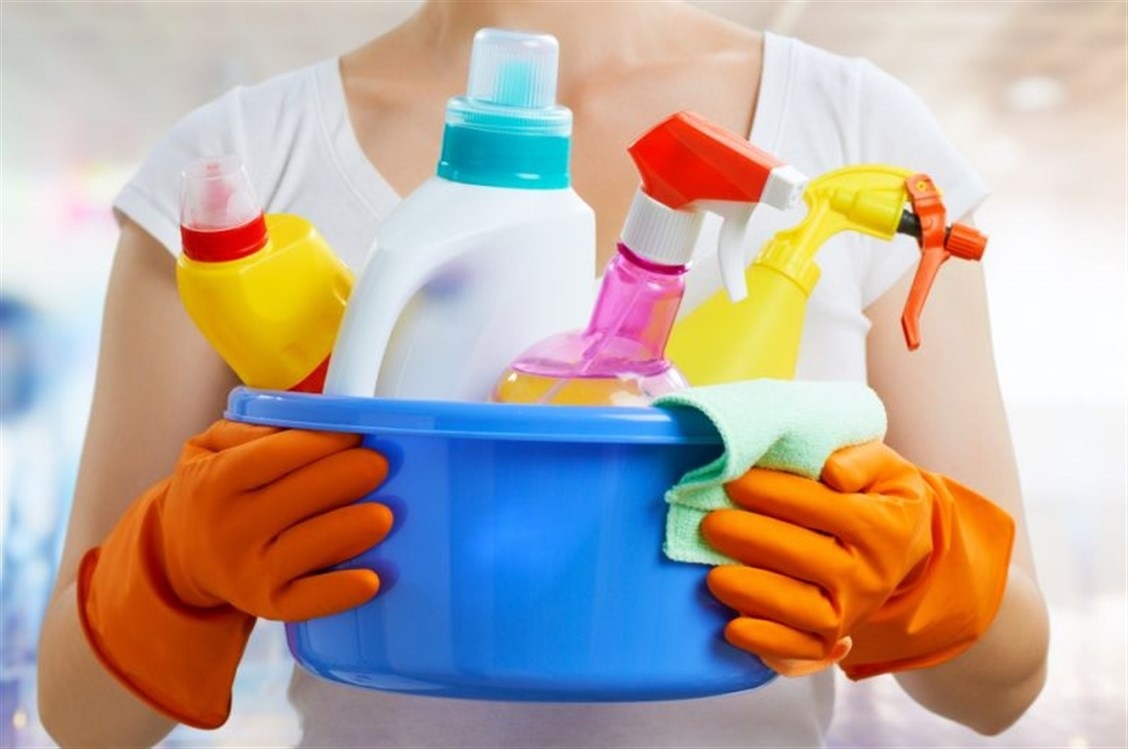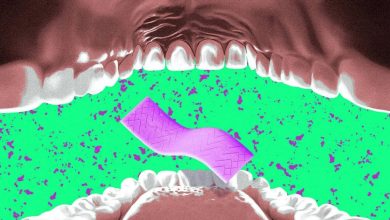Unraveling the TikTok Cleaning Obsession: A Deeper Look into the Viral Trend

Watan-Activists on the TikTok app have coined the term “cleaning obsession” for the sudden desire to clean.
This trend has recently swept TikTok widely and crazily, with thousands of users participating in it.
Many have shared videos of themselves cleaning cabinets and tidying up kitchens, describing it as “cleaning obsession.”
So, what is cleaning obsession?
Cleaning obsession, also known as cleaning or hygiene obsession, is a condition where a person feels an urgent and continuous need to clean or maintain excessive order and cleanliness.
This behavior can be a manifestation of Obsessive-Compulsive Disorder (OCD) or other anxiety and mental health disorders.
Symptoms of cleaning obsession
Cleaning obsession has several prominent symptoms, including:
- Continuous need for cleaning or washing: Spending long hours in daily cleaning, even when the home or environment is already clean.
- Severe anxiety about germs or dirt: Excessive fear of contamination leading to avoiding situations where exposure to germs is perceived as possible.
- Repetitive behaviors or rituals: Such as repeatedly washing hands or excessively cleaning surfaces.
Impact of cleaning obsession on the individual
Cleaning obsession can significantly and negatively impact a person’s life. These effects include various aspects of daily life and overall well-being:
- Psychological and emotional impact: People suffering from cleaning obsession may experience high levels of anxiety and tension, especially regarding cleanliness and pollution. This constant anxiety can lead to feelings of frustration and helplessness.
- Personal relationships: The constant need for cleaning can lead to conflicts with family members and friends, potentially resulting in social isolation and deteriorating relationships.
- Job performance: Individuals spending a long time cleaning may find it challenging to maintain productivity at work or even to keep a job.
- Physical health: Excessive cleaning, especially frequent handwashing or the use of strong chemicals, can lead to skin problems and other health issues.
- Daily activities: Cleaning behaviors consume a significant amount of time, affecting work, social relationships, and daily activities.
Is the TikTok trend cleaning obsession?
While some may consider this classification serious, experts warn that the term “cleaning obsession” may be “inappropriate,” explaining that intensive cleaning episodes are common among individuals with obsessive tendencies.
However, these episodes typically last much longer than a few hours, are not driven by boredom, and can be followed by severe depression lasting weeks to months, unlike the trend that has swept the TikTok app.
It is natural for these behaviors to have a negative impact on a person’s life, and seeking medical help is crucial. A mental health professional can provide an accurate assessment and recommend appropriate treatment, including Cognitive-Behavioral Therapy (CBT) and, in some cases, medication to manage anxiety and compulsive symptoms.
Recognizing this condition and seeking help is a crucial step toward recovery and regaining control of daily life.




